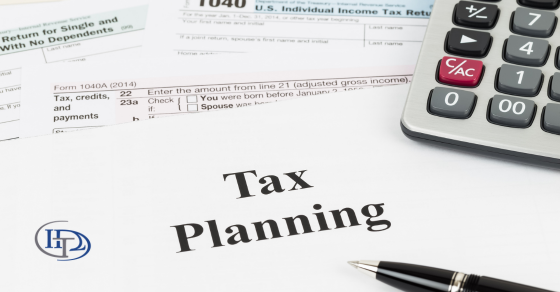
In today’s competitive business landscape, understanding the intricate world of tax regulations is more than just compliance – it’s a strategic imperative for maximizing profitability. Effective tax planning is a vital component of financial management for business owners, influencing key decisions and shaping the path to growth and success.
Tax planning is not just an annual ritual; it’s an ongoing process that requires foresight and strategic thinking. It involves understanding how different tax regulations impact your business operations and making informed decisions to minimize liabilities and maximize returns.
Strategic decision-making can be impacted by tax planning. Many crucial business choices, from investment options and capital allocation to expansion strategies, may offer opportunities for advanced tax planning. This involves identifying tax-efficient strategies to maximize deductions, credits, and incentives, especially beneficial in sectors like renewable energy or technology.
The choice of business structure –sole proprietorship, partnership, LLC, or corporation – carries significant tax implications. Understanding how each structure affects your tax obligations can guide you in structuring or restructuring your business for optimal tax efficiency.
Tax rates and regulations can vary significantly across regions. This aspect is crucial for businesses considering expansion or relocation. Analyzing local tax environments can lead to more informed geographical decisions, balancing operational costs with tax advantages.
Tax planning plays a critical role in managing both capital and operational costs. It involves strategies like timing expenses, purchases, and other financial moves to align with favorable tax conditions.
Staying abreast of potential tax laws and policy changes is crucial for proactive planning. This foresight allows businesses to adjust strategies in advance, avoiding surprises and capitalizing on new opportunities.
Effective tax management is crucial for maximizing profitability and ensuring long-term business success. Here are 4 tax management techniques you can put into practice today.
Regularly review your expenses to identify all possible deductions. Keep abreast of new tax credits your business might qualify for, especially those related to innovation or environmental sustainability.
Explore opportunities to defer taxes, such as pension plans or other retirement savings options, which can significantly reduce current tax liabilities.
Implementing tax management software can help track expenses, manage deductions, and stay compliant with ever-changing tax laws.
Consulting with tax professionals can provide insights into complex tax scenarios and assist in strategic planning tailored to your business needs.
By understanding and utilizing tax planning as a strategic tool, you empower your business not just to comply with tax laws but to leverage them as a lever for financial success and stability.
Receive Free financial tips & Tax Alerts!
"*" indicates required fields
Businesses usually want to delay recognition of taxable income into future years and accelerate deductions into the current year. But when is it wise to do the opposite? And why…
Navigating the realm of capital gains and optimizing tax outcomes require strategic thinking and informed decision-making. Understanding and employing effective capital gains tax strategies is crucial for businesses contemplating asset…
If your business doesn’t already have a retirement plan, it might be a good time to take the plunge. Current retirement plan rules allow for significant tax-deductible contributions. For example,…